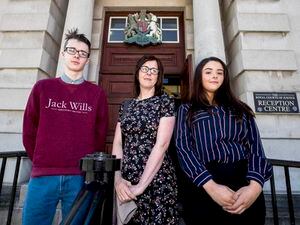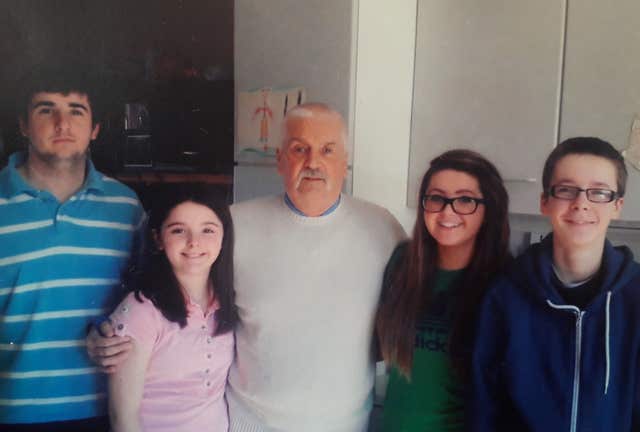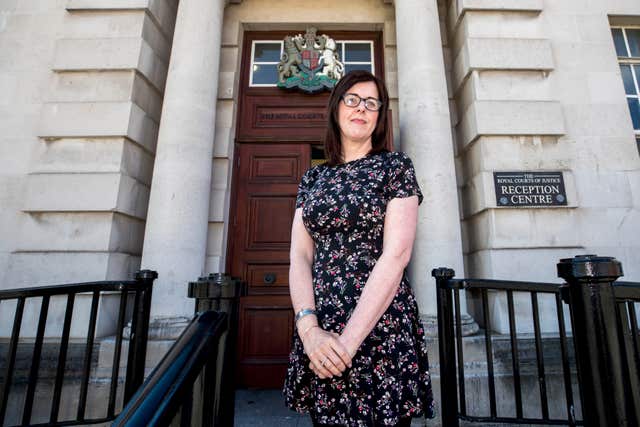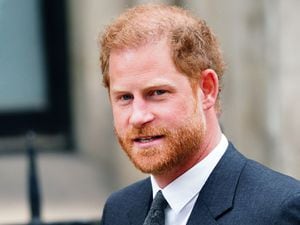Supreme Court to rule on unmarried mother’s fight for widowed parent’s allowance
Siobhan McLaughlin took her legal battle to access widowed parent’s allowance to the UK’s highest court in April.

An unmarried mother behind a legal battle to access widowed parent’s allowance is to find out whether she has won her case at the UK’s highest court.
Siobhan McLaughlin, 46, took her fight to the Supreme Court, which sat in Northern Ireland for the first time, in April.
She said her case was never about her, but about justice for her grieving children, and accused the Government of treating them as “insignificant”.
The special needs classroom assistant from Armoy, Co Antrim, was with her partner John Adams, a groundsman, for 23 years and they had four children, Rebecca, 15, Billy, 16, Lisa, 21, and Stuart, 23.
Following Mr Adams’s death from cancer in January 2014, Ms McLaughlin had to take on an evening job after being refused widowed parent’s allowance because the couple were not married nor in a civil partnership.

She initially won a case after claiming unlawful discrimination based on her marital status, but that ruling was later overturned by the Court of Appeal.
Her lawyers told the Supreme Court she should be treated equally to a married couple with children after the death of the breadwinner.
Frank O’Donoghue QC, representing Ms McLaughlin, said the benefit is not for the married couple but for the survivor and children and claimed there is no evidence proving current restrictions promote marriage.
The court also heard from Helen Mountfield QC, for the Child Poverty Action Group, who argued the ruling is incompatible with international law and “penalises” children whose parents are not married, treating them as “less worthy”.
Lawyers for the Department for Communities argued against Ms McLaughlin’s case.
They said the eligibility stems from having children but the benefit is not for them, as it is described as a benefit for the survivor.
Lady Hale, hearing the case, warned the ruling sought does not oblige the Government to act.

Speaking outside court after the hearing, Ms McLaughlin, who was accompanied by her two youngest children, thanked supporters.
She said: “This case was never about me.
“I would love to be recognised as a widow but I accept in the eyes of the law and the Government that I am not.
“What I wasn’t prepared to accept was how the Government viewed my children, how they could treat my grieving, bereaved children as insignificant.
“I am such a private person but to sit and accept that this is how it is made me say, ‘No, this is wrong’.
“I want to look my children in the eye and say it is the Government at fault here, not you, and because of this I have tried to rectify this for you.”
The Supreme Court’s ruling is expected to be announced at 11am on Thursday.





